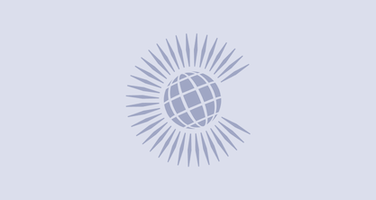Experts from a cross-section of Commonwealth countries met recently to agree a roadmap for the Secretariat's response to cybercrime.
Participants included members of the Secretariat’s cybercrime initiative - the Commonwealth Internet Governance Forum (CIGF) - a working-group on cybercrime.
The meeting was convened after Commonwealth law ministers mandated the Secretariat in July 2011 to establish a multidisciplinary working group of experts to examine how cybercrime might be tackled by member countries, primarily through the medium of international co-operation.
At their meeting, which took place at the Secretariat’s London headquarters on 27 February, Commonwealth cybercrime experts examined the negative impact of cybercrime at the national level, identified the most effective means of international co-operation and enforcement to combat the transnational aspects of the crime and identified best practice and educational materials for training criminal justice officials, investigators, prosecutors and judicial officers working within this area.
Cybercrime is the use of computer systems and the internet to commit crime. It includes the theft of personal information, using the internet to steal money from individuals' bank accounts, as well as corrupting computer data. It poses a major challenge for Commonwealth countries.
Zahid Jamil, Senior Partner at Jamil and Jamil-Barrister-at-law, a member of the working-group on cybercrime, said developing countries are at a disadvantage when it comes to meeting the challenges posed by cybercrime.
“Investigating and prosecuting these crimes involves a very lengthy process and developing countries do not have the resources – both in terms of hardware or technical skills - to address these challenges,” he said.
Aminiasi Kefu, Solicitor General of Tonga, noted that it is important that the level of training provided for small island states is useful, the approach collaborative and productive and that it is delivered at the level that is needed.
The Commonwealth will continue partnering with other organisations working on cybercrime.
Akbar Khan, Director of the Secretariat’s Legal and Constitutional Affairs Division, remarked that: “The participation of these eminent individuals, coming from a combination of member state governments, the judiciary, nongovernmental organisations and academia, is invaluable to the success of the working group and we look forward to seeing the manifestation of this co-operation unfold over the coming months.”
The secretariat for the UN agency on cyber technology – the International Telecommunication Union’s Telecommunications Standardization Bureau (TSB) - meanwhile welcomed the Commonwealth Secretariat’s collaborative approach. Director of the TSB, Malcolm Johnson, said that there were a number of organisations addressing cybercrime and that a co-ordinated approach and the pooling of resources is essential.



